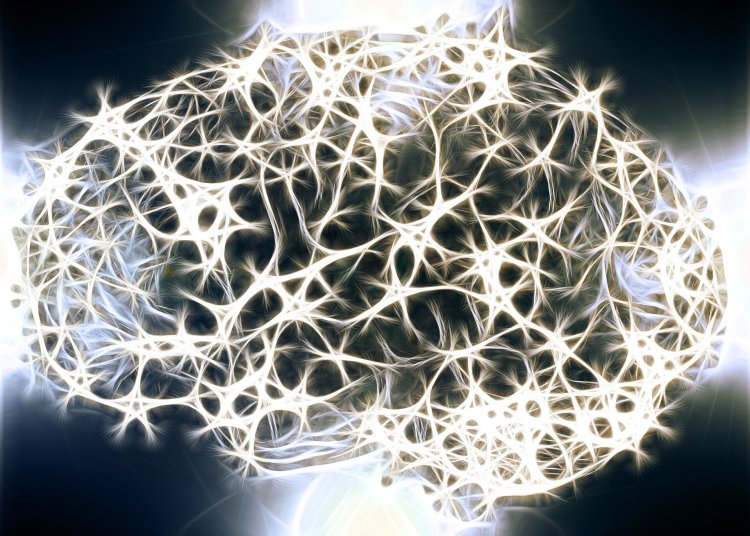Researchers reveal how psychedelic drugs reopen critical periods for social learning

New York, US: Neuroscientists have long sought techniques to reactivate critical periods in the brain, when animals are more receptive to environmental cues that might alter brain development. According to a recent study in mice conducted by Johns Hopkins Medicine, psychedelic substances are related by their shared ability to reopen such important periods, but range in the amount of time the critical period is open -- from two days to four weeks with a single dosage.
The findings, published in the journal Nature, provide a new explanation for how psychedelic drugs work, according to the scientists, and suggest that they may be useful in treating conditions other than depression, addiction, and post-traumatic stress disorder. The researchers also take a fresh look at the molecular pathways influenced by psychedelics.
Critical times have been shown to assist birds learn to sing and people acquire a new language, recover motor abilities after a stroke, and establish dominance of one eye over the other.
"There is a window of time when the mammalian brain is far more susceptible and open to learning from the environment," said Gul Dolen, M.D., Ph.D., associate professor of neuroscience at the Johns Hopkins University School of Medicine, adding, "This window will close at some point, and then, the brain becomes much less open to new learning."
Building on her laboratory's experience studying social behavior, Dolen's team has been researching how psychedelic drugs work by reopening these critical periods. In 2019, her team found that MDMA, a psychedelic drug that arouses feelings of love and sociability, opens a critical period in mice.
At the time, Dolen thought MDMA's prosocial properties smooth the way for opening the critical period, but her team was surprised, she says, to find in the current study that other psychedelic drugs without prosocial properties could also reopen critical periods.
For the current study, Dolen's team looked at the reopening potential of five psychedelic drugs -- ibogaine, ketamine, LSD, MDMA and psylocibin -- shown in numerous studies as able to change normal perceptions of existence and enable a sense of discovery about one's self or the world.
The research team conducted a well-established behavioral test to understand how easily adult male mice learn from their social environment. They trained mice to develop an association between an environment linked with social interaction versus another environment connected with being by themselves. By comparing time spent in each environment after giving the psychedelic drug to the mice, the researchers were able to see if the critical period opened in the adult mice, enabling them to learn the value of a social environment -- a behavior normally learned as juveniles.
For mice given ketamine, the critical period of social reward learning stayed open in the mice for 48 hours. With psilocybin, the open state lasted two weeks. For mice given MDMA, LSD and ibogaine, the critical period remained open for two, three and four weeks, respectively.
The researchers say the length of time that the critical period stayed open in mice seems to roughly parallel the average length of time that people self-report the acute effects of each psychedelic drug.
"This relationship gives us another clue that the duration of psychedelic drugs' acute effects may be the reason why each drug may have longer or shorter effects on opening the critical period," said Dolen.
"The open state of the critical period may be an opportunity for a post-treatment integration period to maintain the learning state," she said, adding, "Too often, after having a procedure or treatment, people go back to their chaotic, busy lives that can be overwhelming. Clinicians may want to consider the time period after a psychedelic drug dose as a time to heal and learn, much like we do for open heart surgery."















































